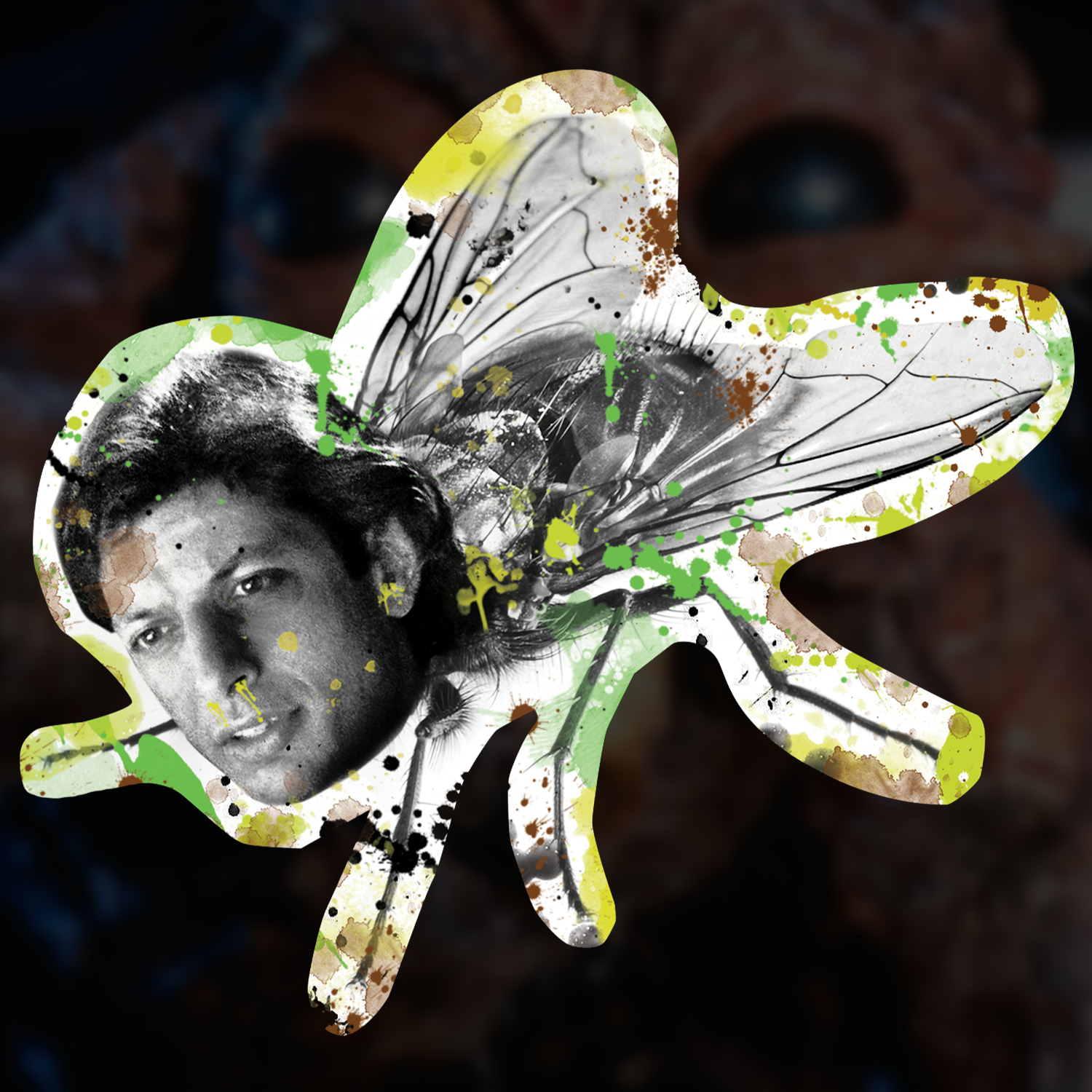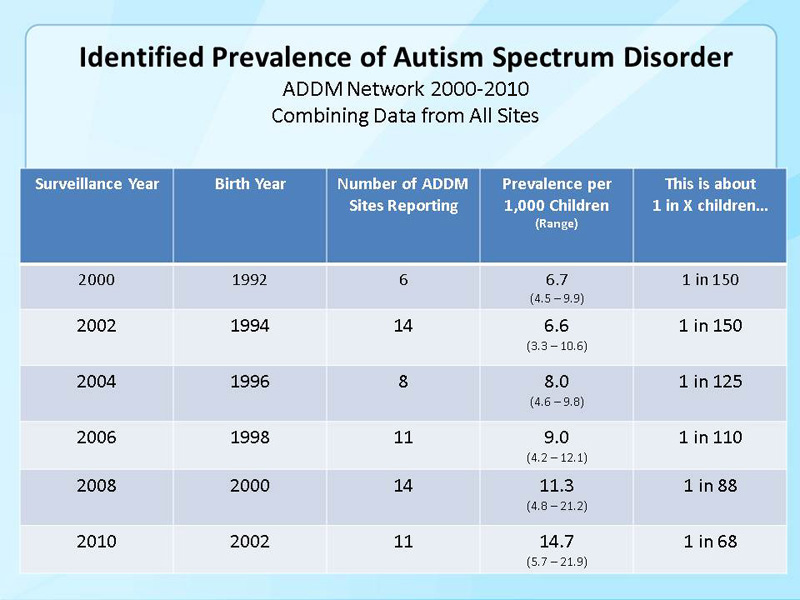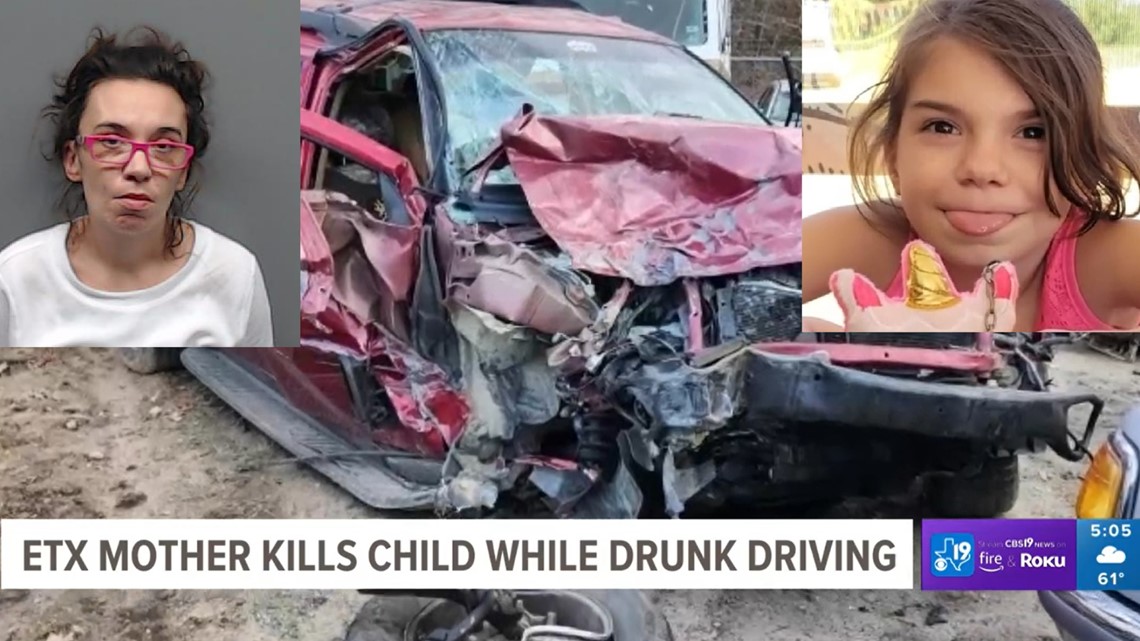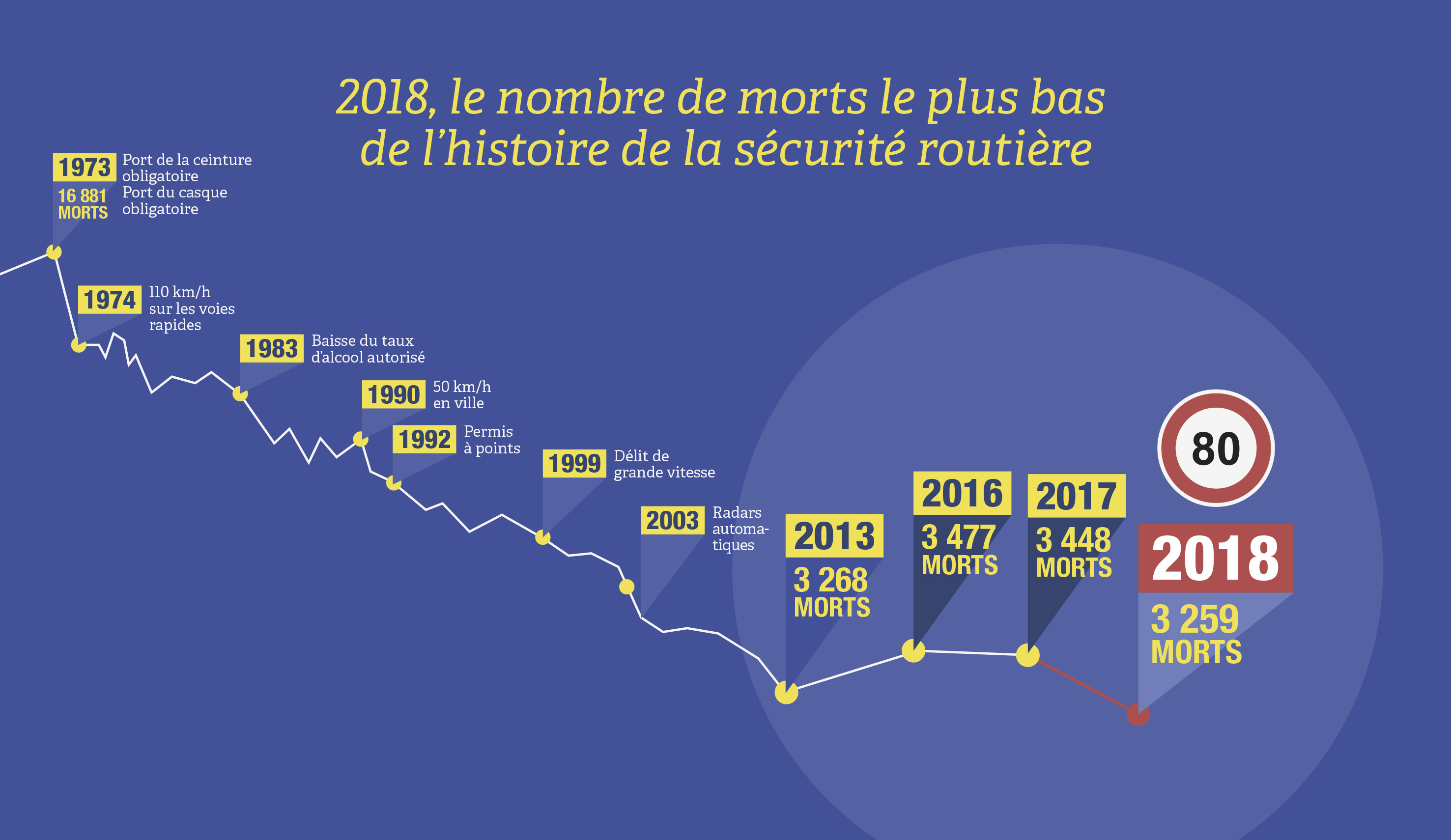TikTok And ADHD: Separating Fact From Fiction

Table of Contents
TikTok's Features and ADHD Symptoms: Potential Connections
TikTok's design incorporates several features that might interact with ADHD symptoms. Understanding these potential connections is crucial for responsible use.
The Role of Dopamine and Reward Systems
TikTok's short-form video format and the constant stream of novel content trigger dopamine release in the brain. This dopamine hit reinforces the behavior, leading to repeated use. For individuals with ADHD, who often experience differences in dopamine pathways, this mechanism can be particularly impactful.
- Constant Novelty: The "For You" page algorithm constantly delivers new content, creating a never-ending loop of reward. This constant stimulation can exacerbate impulsivity and difficulty focusing on other tasks.
- Immediate Gratification: Unlike tasks requiring sustained effort, TikTok offers immediate gratification. This can reinforce avoidance of less immediately rewarding activities.
- Notifications and Push Alerts: These features act as additional dopamine triggers, disrupting focus and pulling attention back to the app. This constant interruption is particularly challenging for those with ADHD.
Hyperfocus and TikTok: A Double-Edged Sword
Hyperfocus, the ability to intensely concentrate on a single task for extended periods, is a common experience for individuals with ADHD. While it can be incredibly productive, it can also become problematic when directed towards unproductive activities like endless TikTok scrolling.
- Positive Hyperfocus: Some individuals might use TikTok to channel their hyperfocus into exploring creative content, learning new skills, or connecting with others who share their interests.
- Negative Hyperfocus: Conversely, hours spent passively consuming TikTok videos can lead to neglecting responsibilities, social interactions, and self-care. This can worsen existing challenges related to time management and executive function.
- Distinguishing Healthy from Problematic Hyperfocus: It's essential to differentiate between healthy hyperfocus utilized for productive endeavors and problematic hyperfocus resulting in significant time loss and negative consequences.
Misconceptions and Misinformation
Many myths surround the relationship between TikTok and ADHD. It's crucial to dispel these misconceptions to foster accurate understanding and appropriate support.
Does TikTok Cause ADHD?
No, TikTok does not cause ADHD. Attention-Deficit/Hyperactivity Disorder is a neurodevelopmental condition with a complex biological basis. Social media platforms like TikTok interact with existing symptoms, but they are not the underlying cause.
- Neurological Basis of ADHD: ADHD stems from differences in brain structure and function, impacting attention, impulse control, and executive function.
- Social Media as a Symptom Amplifier: TikTok's features can exacerbate existing challenges related to attention and impulse control in individuals with ADHD, making symptoms more apparent.
- TikTok is Not a Diagnostic Tool: Claims that TikTok can diagnose ADHD are inaccurate and potentially harmful. A proper diagnosis requires a comprehensive evaluation by a qualified healthcare professional.
TikTok as a Diagnostic Tool or Treatment
TikTok should never be considered a diagnostic tool or a treatment for ADHD. Seeking professional help from a psychiatrist, psychologist, or other qualified healthcare provider is crucial for accurate diagnosis and appropriate treatment.
- Professional Diagnosis: A proper ADHD diagnosis involves a thorough evaluation of symptoms, developmental history, and potential co-occurring conditions.
- Evidence-Based Treatments: Effective treatments for ADHD include medication, therapy (such as behavioral therapy), and lifestyle adjustments.
- TikTok's Limitations: While TikTok might offer some relatable content or support communities, it cannot replace professional care.
Strategies for Healthy TikTok Use with ADHD
Managing TikTok consumption responsibly is key to minimizing potential negative impacts. Individuals with ADHD can employ various strategies to cultivate a healthier relationship with the app.
Setting Time Limits and Boundaries
Implementing time limits and creating boundaries around TikTok use is essential for preventing excessive consumption.
- App Timers: Utilize built-in app timers or parental controls to limit daily usage.
- Scheduled TikTok Time: Designate specific periods for TikTok engagement, preventing it from encroaching on other activities.
- Website Blockers: Employ website blockers to restrict access during focused work or study periods.
- Mindful Consumption: Practice mindful usage by consciously choosing when and how long to engage with the app.
Utilizing TikTok Mindfully
TikTok can be used constructively if approached mindfully. Explore ways to leverage its features in a positive and supportive manner.
- Educational Content: Follow accounts that provide informative content related to personal interests or ADHD management.
- ADHD Awareness Communities: Connect with supportive online communities focused on ADHD awareness and coping strategies.
- Positive Mental Health Practices: Seek out accounts promoting positive mental health practices, mindfulness techniques, and stress reduction strategies.
- Creative Outlets: Use TikTok as an outlet for creative expression, if it aligns with your interests and doesn’t detract from other responsibilities.
Conclusion
Understanding the relationship between TikTok and ADHD is crucial for responsible social media use. TikTok's design, with its emphasis on short-form videos and constant novelty, can potentially exacerbate existing challenges related to attention and impulse control in individuals with ADHD. It's vital to dispel myths surrounding TikTok's role in causing or treating ADHD and to emphasize the importance of professional diagnosis and evidence-based treatment. If you suspect you or someone you know might have ADHD, seek a professional diagnosis and create a healthy strategy for navigating the digital world. Learn more about managing your time on TikTok and other apps, and remember that a balanced approach to social media consumption is key to maintaining well-being.

Featured Posts
-
 Jeff Goldblum Discusses The Altered Ending Of The Fly
Apr 29, 2025
Jeff Goldblum Discusses The Altered Ending Of The Fly
Apr 29, 2025 -
 Getting Tickets To The Capital Summertime Ball 2025 Everything You Need To Know
Apr 29, 2025
Getting Tickets To The Capital Summertime Ball 2025 Everything You Need To Know
Apr 29, 2025 -
 Adults With Autism And Intellectual Disability Increased Adhd Prevalence
Apr 29, 2025
Adults With Autism And Intellectual Disability Increased Adhd Prevalence
Apr 29, 2025 -
 Investigation Underway After Wrong Way Crash Kills Texas Woman Near Border
Apr 29, 2025
Investigation Underway After Wrong Way Crash Kills Texas Woman Near Border
Apr 29, 2025 -
 Microsofts Activision Acquisition Faces Ftc Appeal
Apr 29, 2025
Microsofts Activision Acquisition Faces Ftc Appeal
Apr 29, 2025
Latest Posts
-
 Yate Recycling Centre Incident Air Ambulance On Scene
Apr 30, 2025
Yate Recycling Centre Incident Air Ambulance On Scene
Apr 30, 2025 -
 Reduire La Mortalite Routiere L Efficacite Des Glissieres De Securite Sur Les Routes Francaises Or Adapt The Country As Needed
Apr 30, 2025
Reduire La Mortalite Routiere L Efficacite Des Glissieres De Securite Sur Les Routes Francaises Or Adapt The Country As Needed
Apr 30, 2025 -
 Air Ambulance Called To Incident Near Yate Recycling Centre
Apr 30, 2025
Air Ambulance Called To Incident Near Yate Recycling Centre
Apr 30, 2025 -
 Ameliorer La Securite Routiere L Installation De Glissieres Un Investissement Pour Sauver Des Vies
Apr 30, 2025
Ameliorer La Securite Routiere L Installation De Glissieres Un Investissement Pour Sauver Des Vies
Apr 30, 2025 -
 Get Google Slides Free Android I Os Web App Download
Apr 30, 2025
Get Google Slides Free Android I Os Web App Download
Apr 30, 2025
